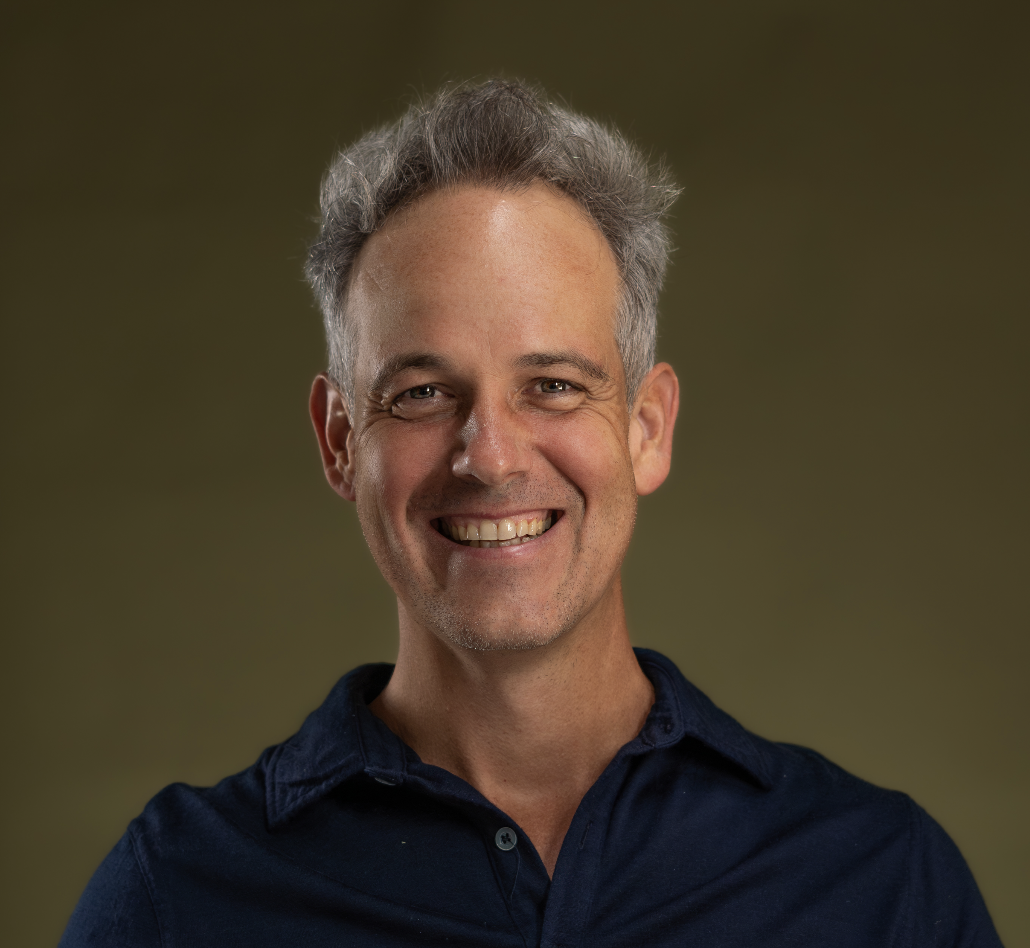Six months ago, I wrote about my Jawbone UP and the personal analytics I was getting by wearing a bracelet-like pedometer. The UP was a size too small for me and, because I was interested in trying a new gadget anyway, I bought the FitBit Flex to extend my exploration into the world of personal analytics.
Since getting the Flex, I started reviewing my sleep patterns each night and quickly had two general insights:
- If I get less than 6 hours sleep a night, I operate at a low level of energy the next day and feel a little groggy. If I get more than 7 hours sleep a night, I operate with a lot of energy. It's obvious that more sleep, in general, will lead to more energy, but now I know the approximate quantity of sleep I need to operate at optimal energy. 7 hours is what I need to aim for and this helps me plan.
- If I drink more than 2 units of alcohol after work, I sleep deeply for about 3 hours, and then report restlessness for the remainder of my sleep. Less than 2 units and there is no noticeable impact on my sleeping patterns.
So, with a little more personal interest in sleep, I searched for a TED Talk on the topic and found Russel Fosters' "Why do we sleep". I know we sleep a lot, but he reports that we spend 36% of our lives asleep. That's a lot of time!
And cultural attitudes to sleep have changed. Shakespeare wrote "Oh sleep, oh sleep. Nature's soft nurse". I get the sense of floating in a cloud just reading that line. Fast forward to a few decades ago and Margaret Thatcher was quoted as saying "Sleep is for wimps!" Who's right? I don't care, but I am interested in understanding why we sleep.
So, why do we sleep? Foster says there are three reasons:
- Restoration;
- Energy conservation; and
- Brain processing and memory consolidation
With 7 or more hours sleep a night, I know that I feel restored and have high levels of energy. If I have a speech to give or tough work to do, preparing for it a good few days ahead of time, and with decent sleep in between, my memory is sharper. I always prepare a day or two beforehand rather than on the day when I can't rely on sleep to help consolidate my preparation.
Here's a graph showing last night's sleep. After a heavy week, compounded by a shoulder injury that has resulted in many restless nights, my body welcomed the 8 hours and 20 minutes asleep. Although I can see how the shoulder pain had me awake three times to change position, this was a good night's rest.
Last night's sleep pattern, from my FitBit Flex
Although I have a better understanding of my sleeping patterns and what causes a good or poor night's sleep, I know i'm just scratching the surface. Diet, exercise, stress, mood and so many other factors play important roles in how we sleep. And if i'm going to spend 36% of my life in that state, i'm going to continue to explore what gets me the best night's sleep possible.

